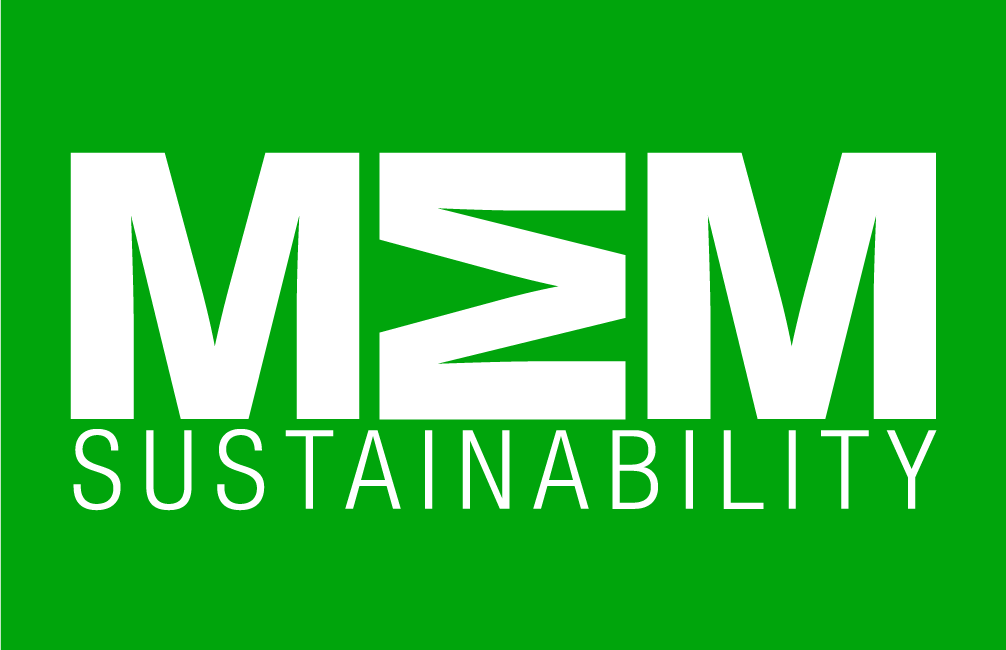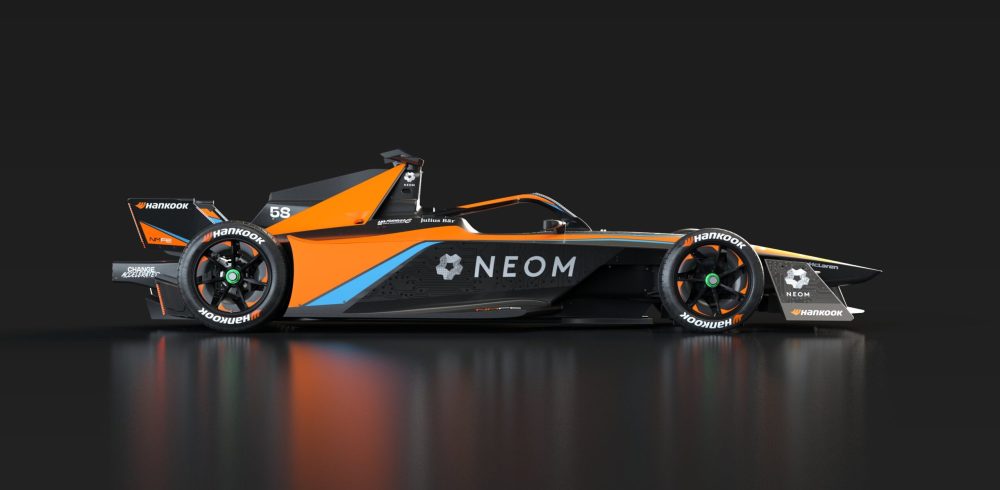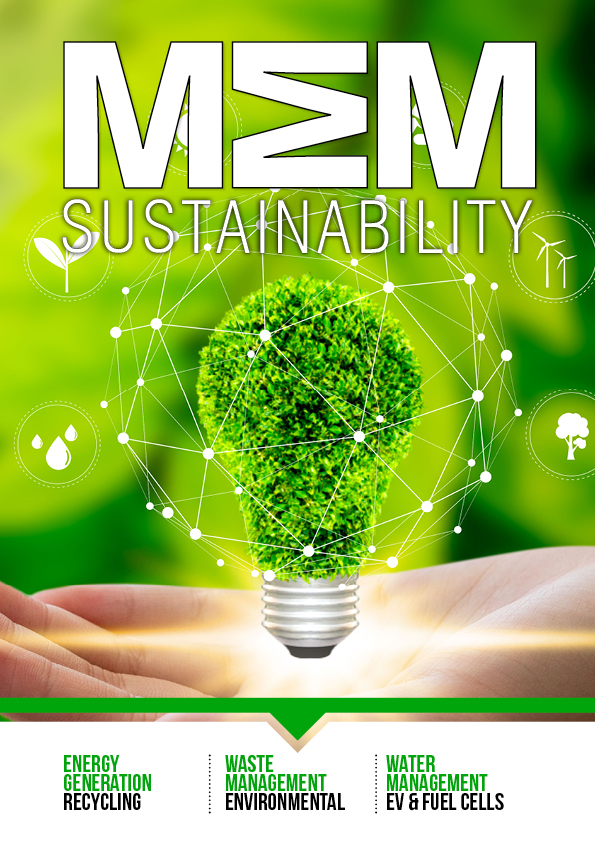A Shrewsbury heating company has revealed results of a study on the most environmentally friendly fuel sources homeowners should be using.
The world is experiencing a changing of the guard. With the Silverstone Formula 1 Grand Prix two weeks ago, and the Formula E London E-Prix this weekend, the world is rapidly migrating from fossil fuel power to electrification. Harding Heating has researched this topic to understand whether homeowners should choose a gas boiler or an air-source heat pump.
Since the industrial revolution, fossil fuels have been at the heart of powering our homes, cars and almost every other part of our lives. But now the dominant technology in nearly every area of our lives is increasingly powered by electricity and motors, as opposed to petrol and gas.
The UK government’s view is the same and has firmly backed installing heat pumps to avoid homes burning fossil fuels. Heat pump uptake so far has been muted and Harding Heating are using their research to find out why.
The need for speed: Formula 1 versus Formula E?
Andrew Harding, from Harding Heating, said they started by looking at Formula 1 versus Formula E. Petrol versus electric.
He said that a Formula 1 car would hit 60 mph in just 2.6 seconds, versus 2.8 in Formula E. Top race speed is 223 mph in Formula 1 and only 200 mph in its electric rival. And around the only circuit where both series race, Monaco, the F1 car is a full 13 seconds faster with 1:15.650 versus 1:28.773.
“To our surprise, the petrolheads have taken the crown on all the key measures, but that’s not where the story ends. When we look further across motorsport, records are falling again and again to electric vehicles, such as the now iconic Goodwood Festival of Speed 2022 winner and record holder at 39.08 seconds, the brilliantly named McMurtry Spéirling, which was breathtaking to watch.
“The story becomes even more stark when we expand our research to include road-legal cars. The four fastest cars in history, when measuring 0-60 mph acceleration, are electric vehicles. And two of those are saloons, which could easily couple as your family car, capable of supermarket trips, complete with baby seats and golf clubs,” he added.
The need for clean
The Harding Heating criteria for heating homes is different, with speed not being a key factor. But many homeowners are regularly asking how they can reduce their impact on the environment. This is where Formula E and electric vehicles come into their own, with Formula E producing 92.4% fewer CO2 emissions (or equivalent) than Formula 1 and Formula E winning hands down in each category.
Overall, Formula 1 produces 256,551 tons of CO2 each year, versus Formula E’s much more efficient 19,600. For example, through logistics alone, Formula E has stripped over 100,000 tons from Formula 1’s pollution levels. Another almost 70,000 tons of CO2 are gained from efficiencies in business travel in Formula E, and the team factories are almost 50,000 tons more efficient each year.
Leveraging that thinking into heating homes, a heat pump powered by the national grid produces a third of the CO2 equivalent of a gas boiler connected to the mains gas network. A heat pump combined with photovoltaic solar panels has almost no CO2 equivalent pollution.
Andrew added: “The transition from fossil fuels to electrification has a long way to go for all areas of our lives. Heating system technology in the new world of heat pumps is evolving fast, as it is in electric vehicles, Formula E cars, batteries and across the emerging electrified world. Past research tells us that Heat pumps won’t necessarily reduce your monthly heating bills. However, one thing is already clear – to minimise your environmental impact, choosing electrification is the only option.”
For the full research, please see here: https://www.hardingheating.co.
Manufacturing & Engineering Magazine | The Home of Manufacturing Industry News















